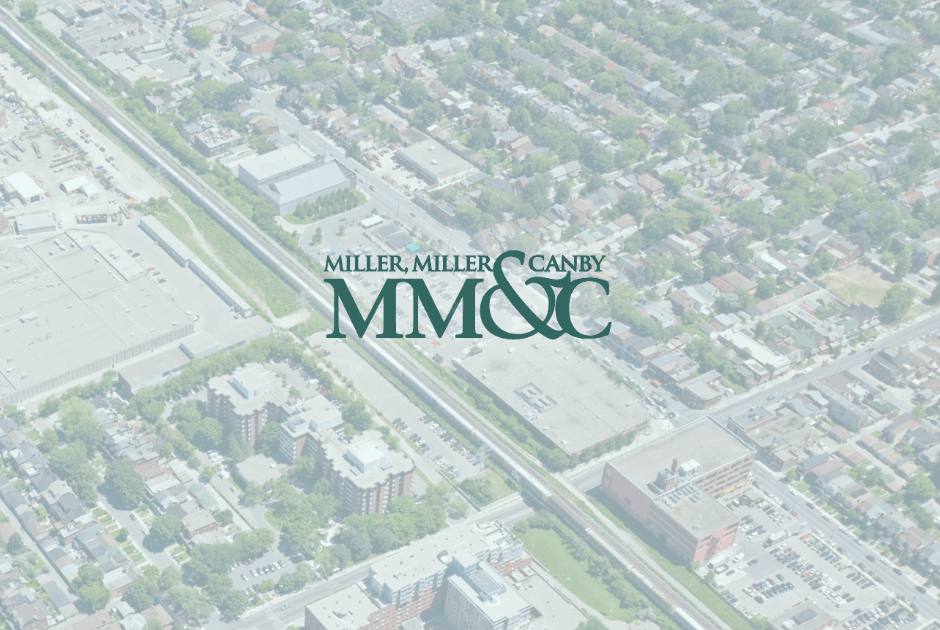Goal:
A long-time firm client received one such IRS letter demanding payment, along with an advice of appeal rights. But instead of pursuing an appeal, our clients wanted the matter to simply go away, so they paid the full amount of the IRS’ adjustment – to the tune of close to $80,000, including penalties and interest. It was only after they made the payment that they approached us to see if there was anything we could do. (Generally, we advise all clients to notify us of any IRS correspondence before making any payments – the IRS is far from infallible and it is not uncommon for the IRS to make mistakes – and it is easier to get the IRS to withdrawal a demand letter than it is to seek a refund).
After a quick review of their tax file, it was readily apparent that they had misreported several long-term capital gains, and the IRS had given them a $0 basis in such gains as a result – which resulted in the aforementioned and massive tax liability. Thereafter, we explained the error to the IRS, specifically that our clients had made a massive tax payment on a liability that was inaccurate. We prepared an amended tax return for the IRS to input into its system and computed the correct liability. Thereafter, we requested a refund of the clients’ overpayment. We also prepared a statement for our clients whereby they affirmed that their noncompliance was due to reasonable cause, and not willful conduct – and the IRS agreed to abate the penalties, as the client had reasonable cause explaining their failure to file an accurate return originally.
Our clients received a refund of nearly 90% of what they paid. This amount represented their payment, less the actual tax due on the long-term capital gains and accrued interest. Once the IRS accepted the correct information, it was onto the Comptroller of Maryland and fixing our client’s mistake with the state where they resided. We ultimately received a similar favorable outcome with Maryland.
Our clients frequently approach us with their tax issues. Sometimes the issue involves cleaning up a problem similar to the one above, and sometimes the issue involves preventing a problem from occurring. However, no matter the issue, we strive to give our clients accurate and candid advice, no matter how bleak or unfavorable the likely outcome.
DISCLAIMER: THE CASES AND RESULTS DESCRIBED HEREIN ARE REPRESENTATIVE OF PAST RESULTS OBTAINED BY MILLER, MILLER & CANBY, AND ITS ATTORNEYS. PAST CASE RESULTS DO NOT GUARANTEE FUTURE RESULTS. ALL CASES ARE DISTINCT AND HAVE UNIQUE FACTS, CIRCUMSTANCES AND LEGAL QUESTIONS THAT MUST BE CONSIDERED AND EVALUATED ON THEIR OWN MERIT.


